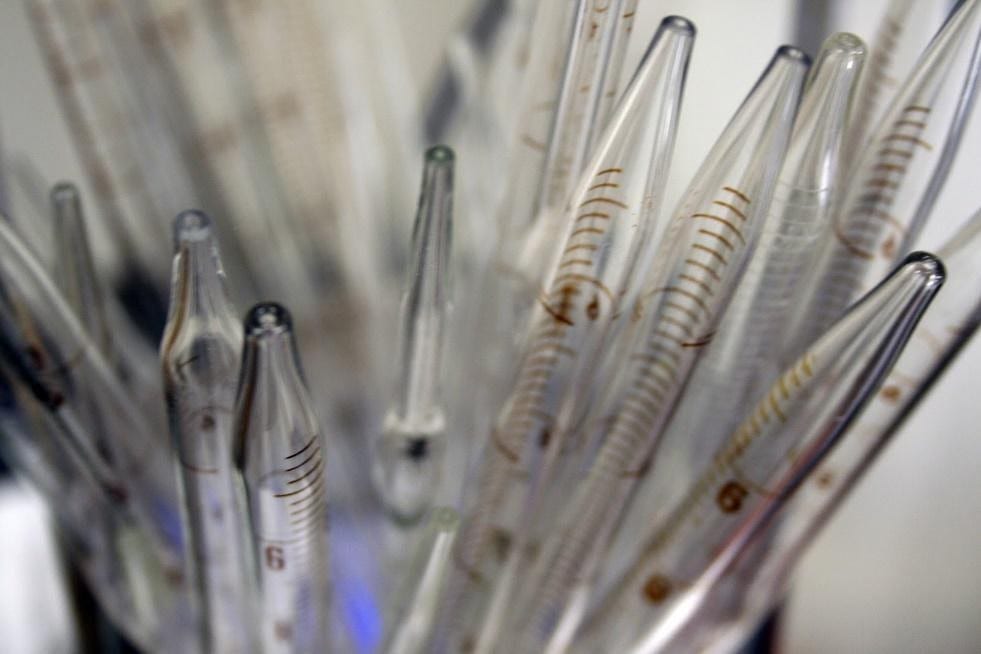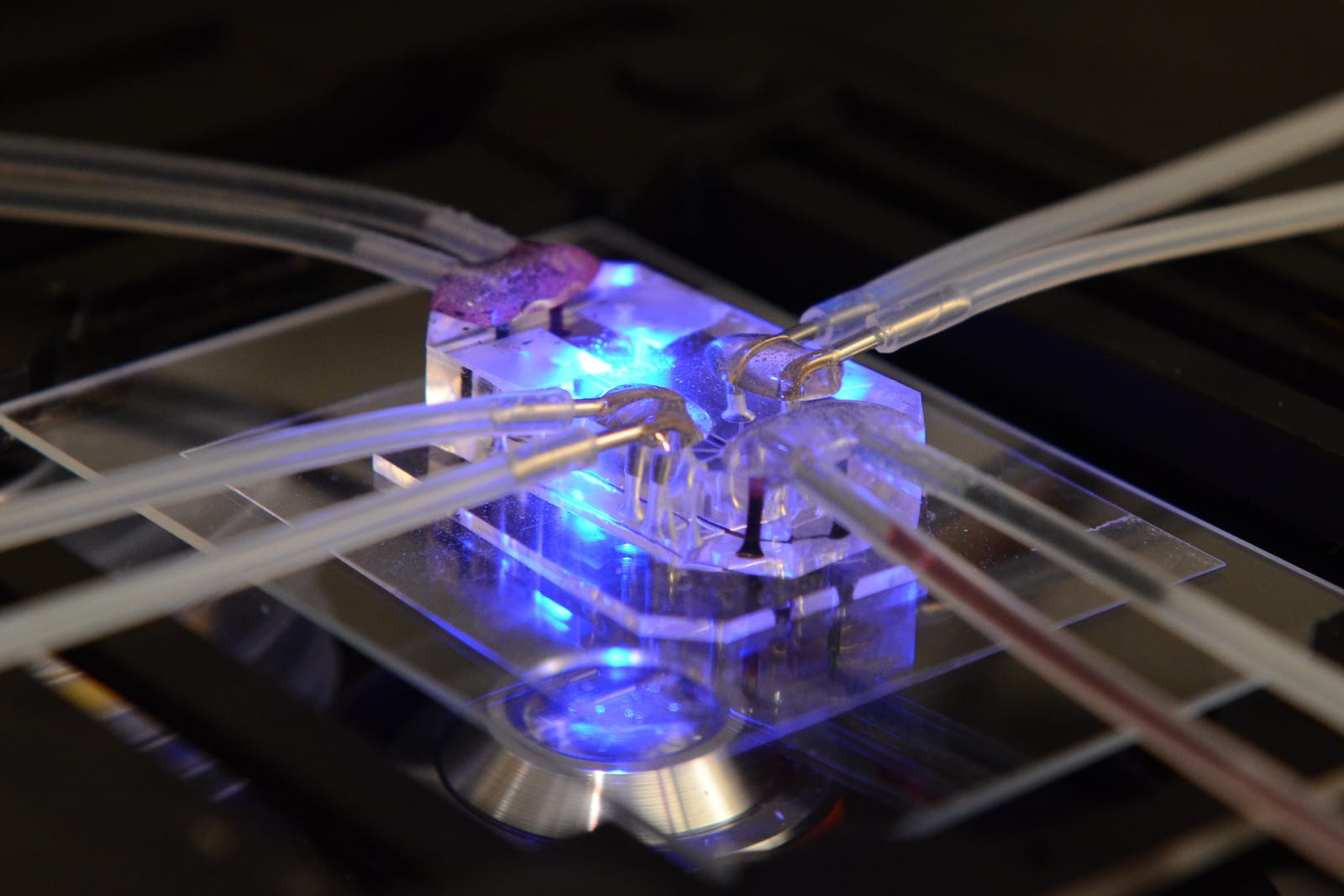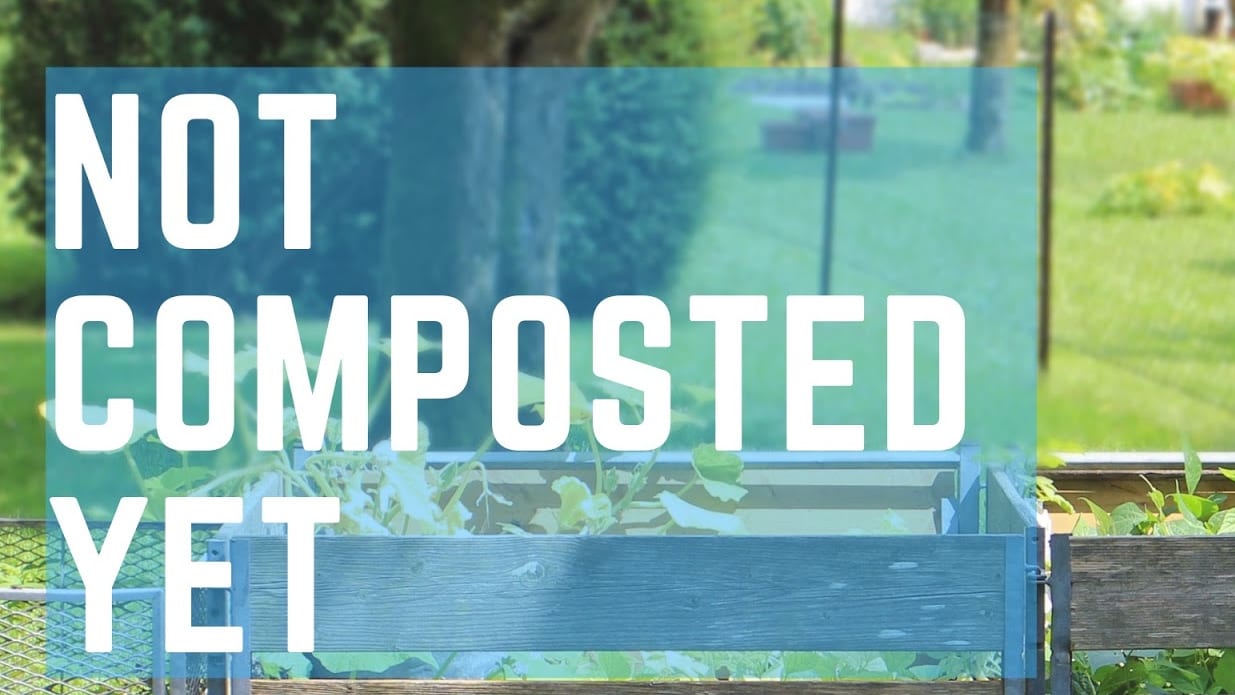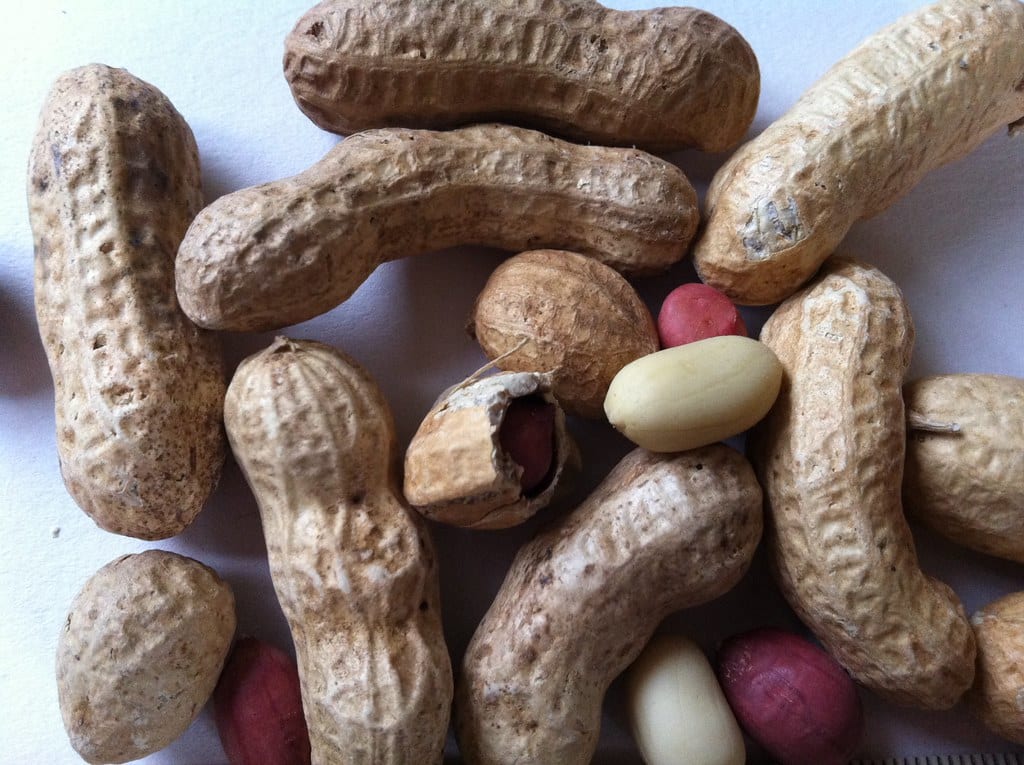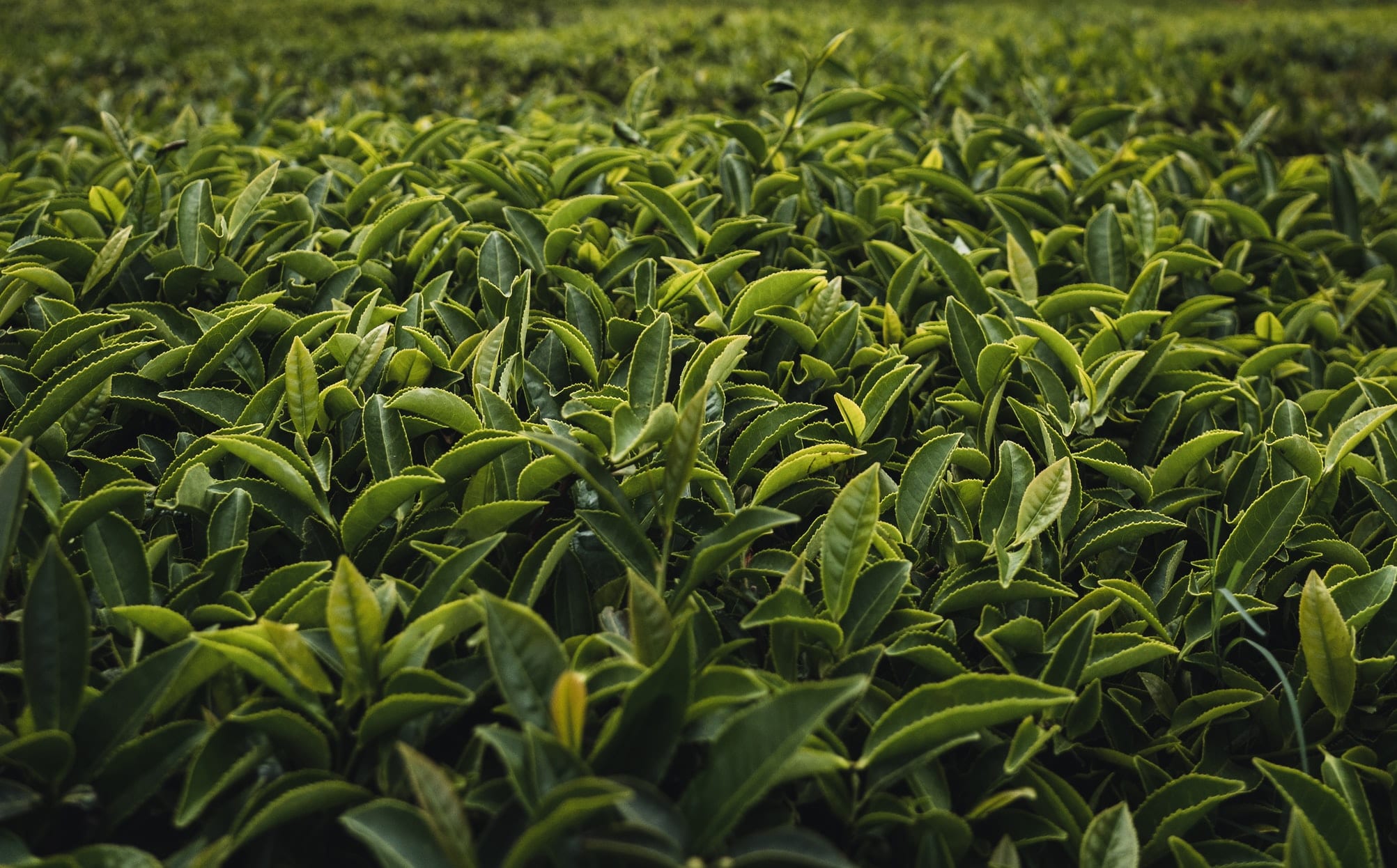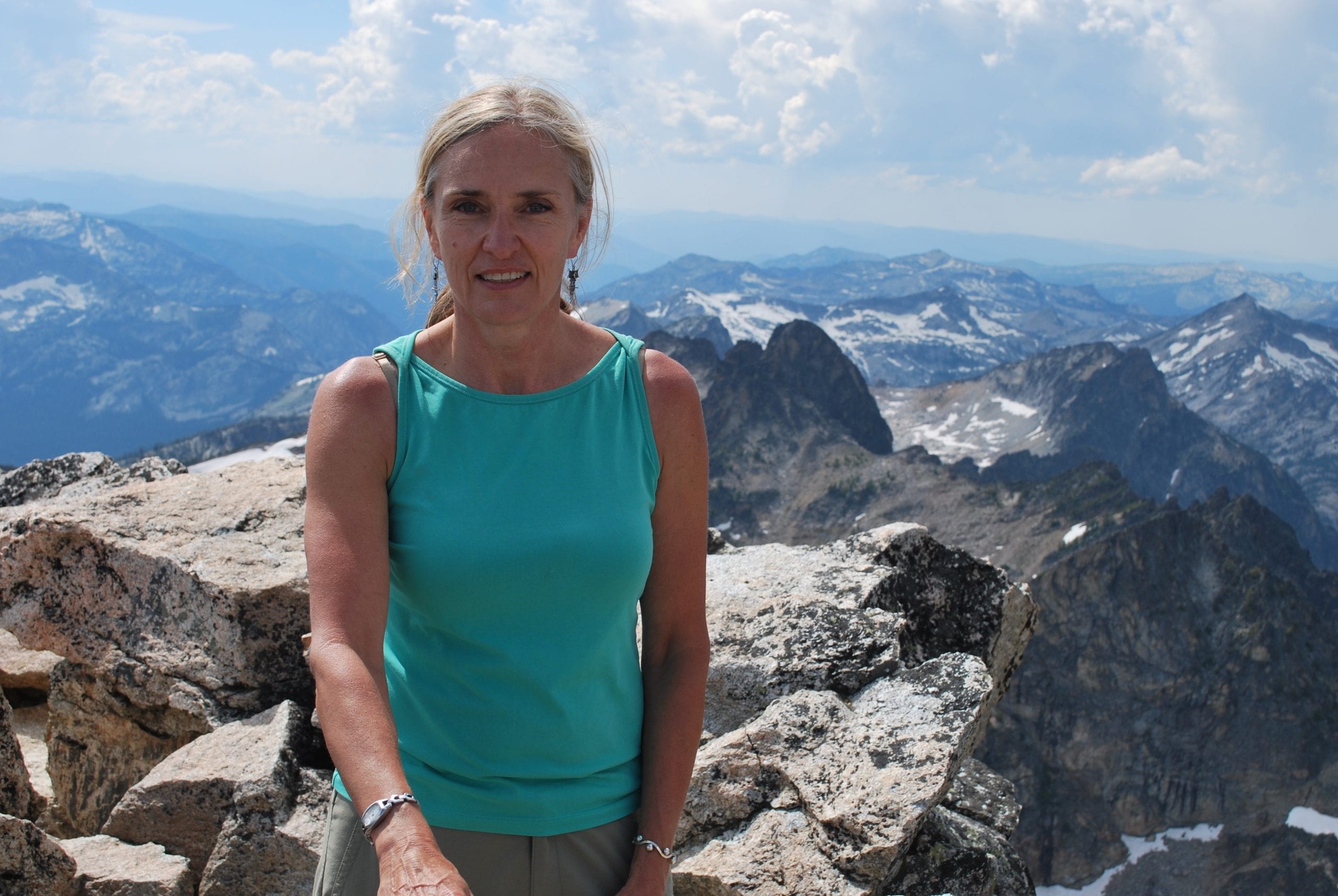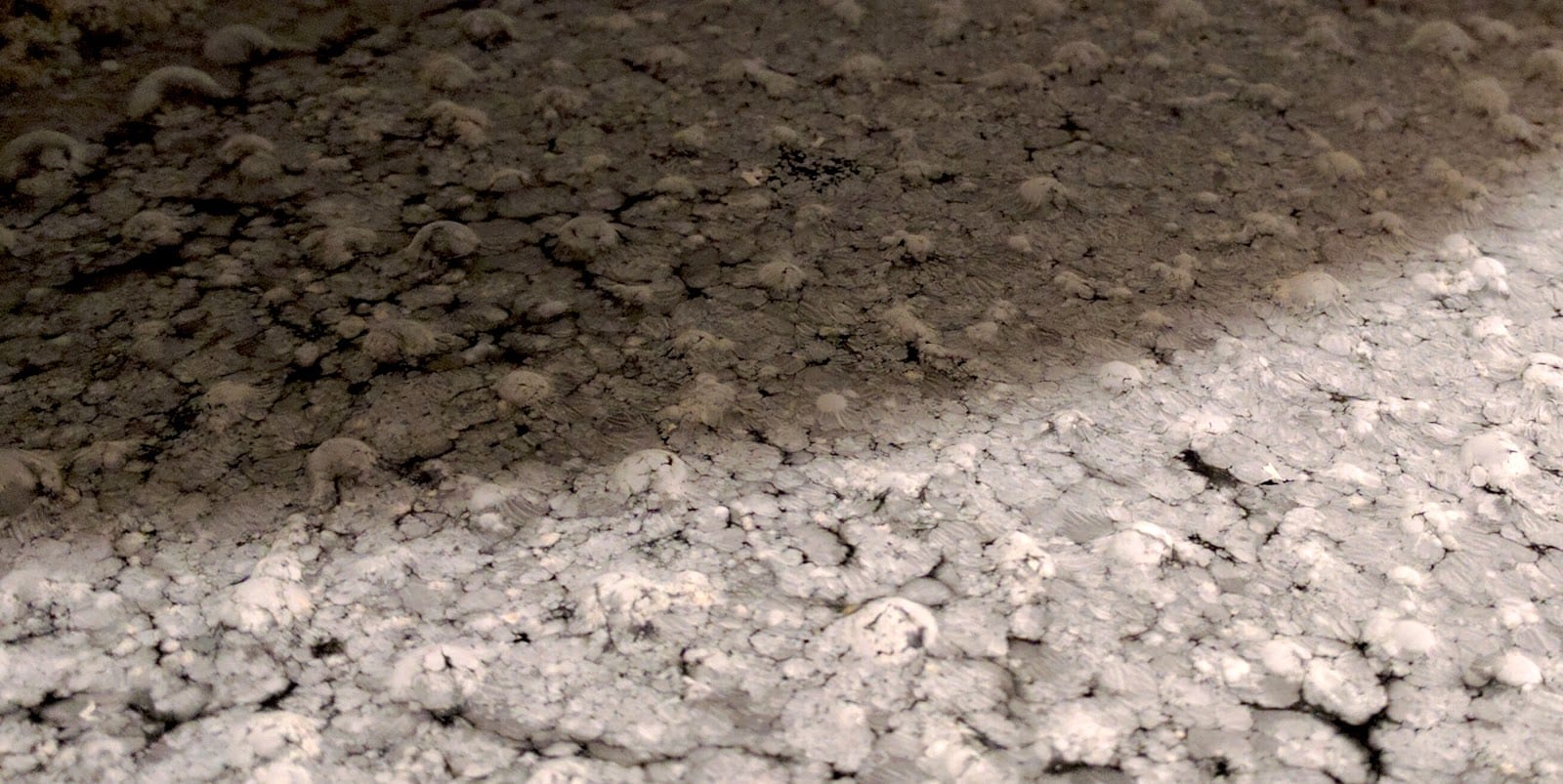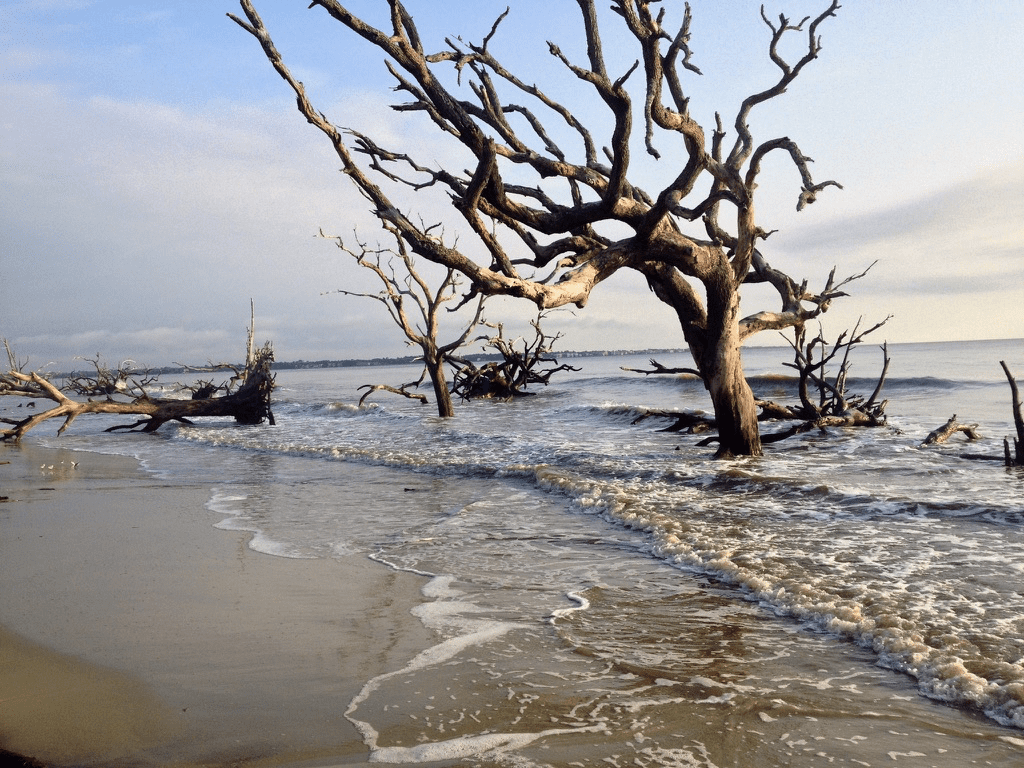
The undead ghost forests of Georgia
The US Atlantic coast is a dynamic, living landscape. Georgia in particular displays a picturesque mosaic of barrier islands, salt marsh meadows, maritime forests, brackish marsh and river networks snaking up the Coastal Plain. Together, coastal habitats form a dynamic ecosystem capable of protecting the coastline, storing carbon, filtering water and providing coastal regions with

